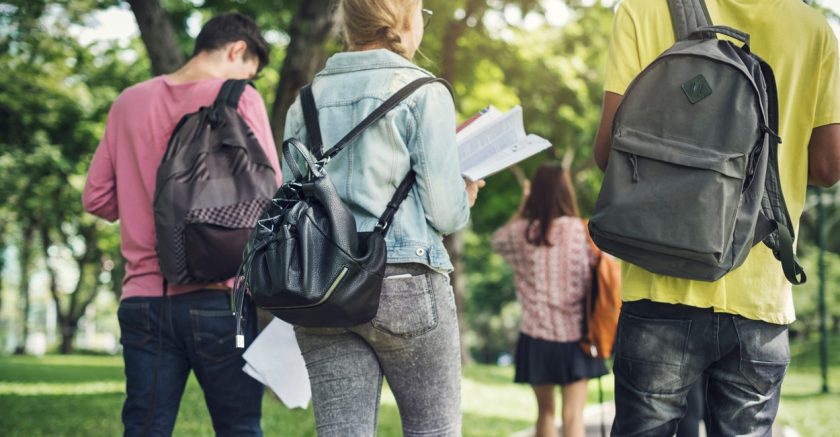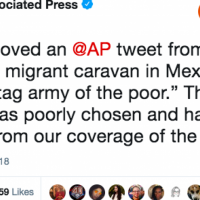Supreme Court Justice Clarence Thomas once recounted the time when his Juris Doctor degree from Yale Law School was dismissed from nearly every law firm he considered.
The interviewers, believing him to be a beneficiary of Yale’s aggressive affirmative action policies, which de-emphasized LSAT scores and grades for black students, questioned him pointedly about his qualifications and “doubted I was as smart as my grades indicated,” Thomas wrote in his memoir.
According to Thomas, Yale’s affirmative action quotas had relaxed the standards for his race so much that his achievements were stigmatized and not acknowledged by high society.
After this experience, Thomas pasted a 15-cent sticker he got from a pack of cigarettes next to his Yale Law School degree, as an indication of the mistake he made going to Yale.
Perhaps he may have somewhat understated the value of his elite law school education. But he did not understate the underlying problem facing gifted young minority students like him, and which remains to this day: that our educational culture values surface-level diversity to the extent that it actually undermines the well-being of those who are supposed to benefit from it.
Stuart Taylor, author of “The Mismatch Effect,” writes that these racial balancing policies implemented at Harvard and other elite schools, while perhaps well-intentioned, can actually produce negative side effects on entire racial communities.
According to Taylor’s research, black students who are “mismatched,” i.e. admitted into schools where they would not be considered had the school adopted a race-blind policy, are more than twice as likely to be found in the bottom 20 percent of the school as whites.
Black law school graduates are four times as likely to fail bar exams as whites. They are less socially integrated on campus, and graduate at a lower rate than their white counterparts.
The bad news gets worse after graduation. A 2013 study by economist Doug Williams found that black law school graduates with similar credentials to their white counterparts nevertheless perform worse on the bar exam.
Even after limiting his study to only those law school graduates who actually took the bar exam, he discovered that black graduates were 31 percent less likely to pass the bar exam on the first try than white peers.
Read the full story from The Daily Signal
Want more BFT? Leave us a voicemail on our page or follow us on Twitter @BFT_Podcast and Facebook @BluntForceTruthPodcast. We want to hear from you! There’s no better place to get the #BluntForceTruth.







